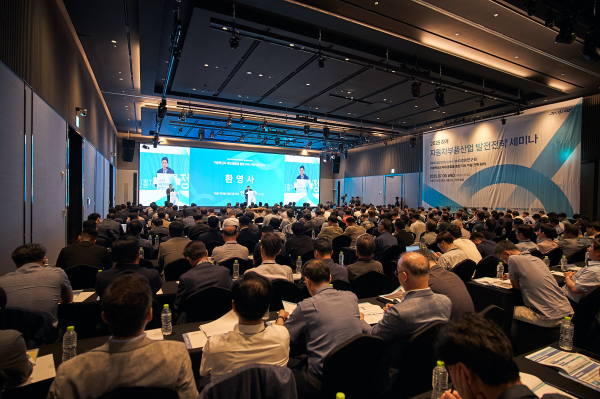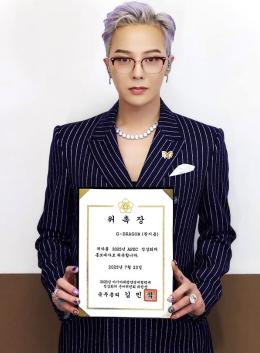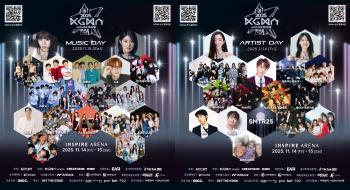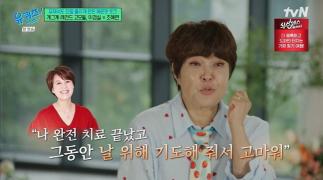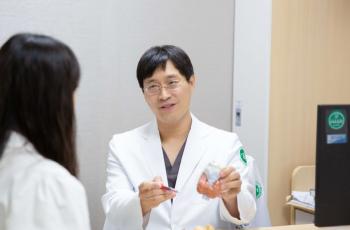Automotive Parts Industry Promotion Foundation emphasizes sustainable mobility innovation and AI utilization
Jul 10, 2025
|
In a welcoming speech, Ahn Jung-gu, chairman of the foundation, said, "The foundation has been co-hosting the seminar with HMG Management Research Institute since March to explore more in-depth ways to respond to changes in the environment of our automobile industry and the direction of development of the parts industry, which is increasing the interest and influence of the seminar."
Chairman Ahn stressed, "Hybrid vehicles are a realistic alternative that combines the efficiency of electric vehicles and the practicality of internal combustion engines, expanding their position in the global market." "Despite the increase in electric vehicle sales in China, government intervention is expanding due to overheated competition, and major policy changes in major countries are directly affecting corporate management, with the U.S. also recently announcing a 25% tariff on South Korea and Japan," he said. "In this trend, it is time for our parts industry to increase its competitiveness based on technology and quality rather than appearance."
"As competition between autonomous driving and robo-taxi begins in earnest, AI and software are emerging as key competitors in the automobile industry," he said. "Just as Hyundai Motor recently unveiled its vehicle software brand Pleos and promoted the creation of an app ecosystem, our parts industry will be able to become a world-class company if it closely understands the flow of AI technology development and has AI utilization capabilities across all sectors such as production, management, and R&D."
N2MT07||text parameter is needed (text 파라미터가 필요합니다.)
"In order to proactively respond to rapid changes in the external environment, such as the imposition of US tariffs, we must strongly promote innovation in technology and quality as well as overall management," he added.
The theme of this seminar, ▲ Corporate Organizational Culture ▲ China Mobility Innovation, and let's look at organizational innovation plans through understanding and collaboration with the MZ generation and the current state of innovation in the Chinese mobility industry. "In order for parts companies to maintain their leadership in the global competition and achieve growth beyond expectations, they need the wisdom and experience of everyone who is here," Chairman Ahn said. "That power will be a strong guide to guide the sustainable future of the Korean automobile industry."
Professor Kim Sung-joon of Kookmin University's School of Business, who was the first presenter of the seminar, explained, "In order to improve the organizational culture of the current automobile industry, the organizational culture can be changed through a thorough analysis of organizational habits and establishment of leadership behavior principles, focusing on communication, meeting, reporting, decision-making, and collaboration methods rather than conflicts between generations."
The second presenter, Seo Young-seok, director of the China Institute of HMG Management, diagnosed, "China's electrification and smartization paradigm is evolving the fastest compared to its competitors, but the market has recently overheated, and the Chinese government-led restructuring is in full swing." "China is leading the related market by strongly promoting a high-end strategy for electric vehicles and a software-oriented smartization strategy, and the government-led master plan and a rich industrial ecosystem are behind it," he explained.
In addition, Oh Yoon-seok, head of the foundation, shared the background and operation status of the "ESG Supply Chain Survey Project," which is being promoted for more than 3,400 parts makers with Hyundai Motor Group. "2025 is the turning point in which ESG regulations are practically implemented, and in particular, the EU has formulated an omnibus package based on the CSDD Supply Chain Survey Act, and has pushed for a mandatory supply chain inspection bill in Korea, not an option, Oh stressed.
"In the meantime, there have been various improvements, including duplicate due diligence on the same partner, deviations between due diligence results, and information security and resource burden on the partner, but this project will allow ESG supply chain due diligence to be integrated into a system and lay the foundation for responding to international regulations preemptively," he said, urging active participation.
The seminar was sponsored by the Ministry of Trade, Industry and Energy and Hyundai Motor Group and co-hosted by the Korea Automobile Parts Industry Promotion Foundation and HMG Management Research Institute to understand the rapidly changing game of the global automobile market and find strategies to respond in a timely manner. Through these seminars, the foundation plans to promote information exchange and cooperation in the industry and continue to provide opportunities to share the future vision of the Korean automobile industry.
The Automotive Parts Industry Promotion Foundation (KAP) is a non-profit public corporation established in 2002 with donations from Hyundai Motor Group and 164 parts companies. With the aim of strengthening the global competitiveness of the Korean auto parts industry, the foundation is operating unique support projects such as consulting, education, and win-win support for parts makers for free.
This article was translated by Naver AI translator.
